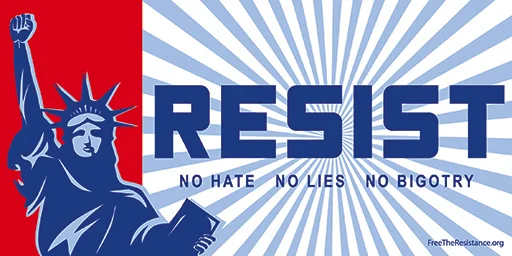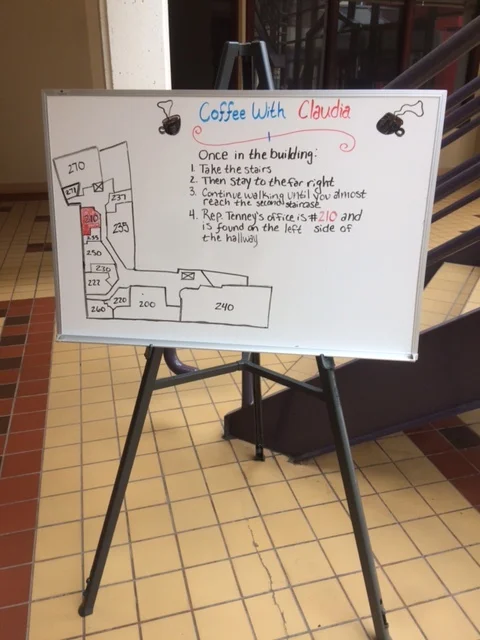Rethinking Violent G20 Protests in Hamburg By Richard R. Moeller
The focus on street violence that grabbed world attention during the 7th and 8th of July rocked the city of Hamburg, Germany. It really wasn’t expected. In hindsight, it seemed appalling that the Germans were not properly prepared; however, there were two things which the Germans never imagined.
First, President Trump was never expected to be there when the Germans officially announced the city in April 2016 before being rotated into the G20 Presidency in December 2016. We remember the election odds that the American media gave the world. It was to be a landslide for Secretary Clinton.
Second, the global connectivity under the banner of “Welcome to Hell” (Willkommen in der Hölle) through social media led many (many) more to swarm Hamburg starting on the 2nd of July. Antifa and other groups (and even the current NYC Mayor) were already well-established, prepared and organized following the professed threat of fascism with numerous protests of Frauke Petry, Marine Le Pen, Tommy Robinson, Simone di Stefano, Richard Spencer, Veselin Mareshki and Donald Trump under their belts.
In fact, Hamburg was chosen as the venue for the G20 summit based on a decision made by the Chancellor in coordination with the Lord Mayor of Hamburg which was made public back in January 2016. Moreover, the Hamburg Summit: China Meets Europe in late 2016 went as smooth as could be imagined. Yet, attention to China’s human rights record was not as relevant as the rise of nationalism and Rightist political parties like the Alternative for Germany and Golden Dawn.
It makes sense, seeing as though these people and parties are now “at home” in Europe. All politics is local as Tip O’Neil is credited to have said in the 1980s. Moreover, Germans are hypersensitive to the rise of extremism after the failure of Weimar in the 20s and 30s and the resulting Second World War.
One of the coordinators of the G20 protest, Thomas Eberhardt-Koester informed news organizations like Reuters that the movement was to “bring criticism of the G20 and alternatives for fair global policies onto the streets.” Reuters noted, however, that in the last three days of the protest (the most violent period), more than 200 police officers (now estimated at 500) had been injured along with 143 people who were arrested. Another 122 were at some point detained and released.
On the night of the 7th, special operations police were deployed with high-powered firearms after militants, part of the Black Bloc heaved objects (by prying up street paving bricks) at police, and set police barricades on fire. German Interior Minister Thomas de Maiziere decried “[T]hese are not demonstrators, they are criminals.” He later argued that protestors should be thought of as terrorists.
Political costs of the Hamburg G20 violence is now a cottage industry in Germany. Chancellor Merkel stated in the official G20 pdf document: “The G20 must demonstrate that it stands together …We can achieve more together than by acting alone.” Her words sound familiar with those of 2015 when she made a similar platitude regarding accepting refugees. She has, for all intents and purposes, apologized for both.
Antifa is also a political hot potato today. “Welcome to Hell” organizer Andreas Blechschmidt said the rally's motto was “a combative message meant to symbolize that G20 policies worldwide are responsible for hellish conditions like hunger, war and the climate disaster.” This is counter to Merkel’s statements that G20 policies included attention to social issues. Many on the right (AfD) as well as the left (Antifa) disagreed.
The financial cost of the damage in Germany is expected to run into millions of euros. Merkel has said that Hamburg residents who suffered damage will be properly compensated. Yet, the scars will remain. How the G20 chaos will play into the September elections is now underway. Already, Olaf Scholz, the mayor of Hamburg, is facing calls for his resignation over accusations of mismanagement. German Justice Minister, Heiko Maas, of the liberal Social Democrats, said the federal government would allocate new funding to prevent leftwing extremism.
Merkel’s own party asserted that provisional border controls put in place for the G20 should become permanent. Notably, the tighter border controls had led to the unexpected capture of 673 criminals unconnected to the G20. Minister Maas shocked many in the coalition government when he pledged that no German city would ever have to host a world leaders’ summit again. Despite the chaos (or because of it), Merkel is still viewed as safe and insulated from the radical Left and alternative Right. It’s a good thing for her that the G20 did not take place in Berlin.
Richard R. Moeller is an Associate Professor of Political Science at The Metropolitan State University of Denver.





